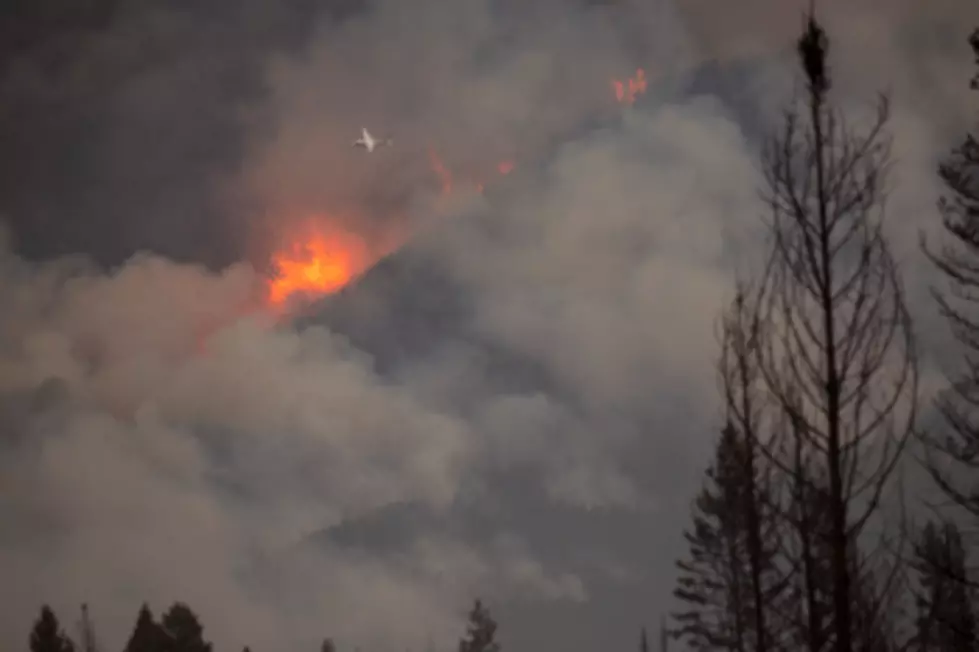
State, federal funding to maintain Missoula County air quality, pollution efforts
Missoula County this week renewed its contract with the Montana Department of Environmental Quality for state and federal funding to support local efforts to curb air pollution.
The program has been in place since 1969 and is credited with improving air quality in the Missoula Valley, though challenges remain during fire season and the heavy smoke that often comes with it.
“Missoula has a pretty robust program,” said Shannon Therriault with the City-County Health Department. “It's definitely the most robust local air program in the state.”
To keep it that way, the program relies heavily on state and federal funding, and it's set to receive an injection of those funds with a DEQ contract approved this week. The latest grant provides roughly $63,000 in federal pass-through funding and $20,000 in state funds.
Therriault said the funding, $83,000 in all, covers roughly 33 percent of the program's budget. The county must provide a match and the grant comes with certain reporting requirements.
“We've been receiving money since 1969 for this, and it never goes up,” said Therriault. “The federal number hasn't changed, so we've gotten the same amount for years.”
In recent years, however, the state allocation has been unpredictable.
“We're eligible for about 33 percent of our local spending through state law, but we only get as much as the Legislature funds,” she said. “When it cut department programs in the last several years, that affected our air program.”
Missoula and seven other counties in Montana received grades of “F” last year for particulate pollution in the American Lung Association’s State of the Air report.
Missoula was the nation’s 12th most polluted city for short-term particulate pollution, a ranking strongly influenced by smoke from summertime wildfires, wintertime inversions, and dust from street sanding and unpaved roads.
Therriault said particulate remains the valley's top challenge when it comes to air quality.
“Missoula has unique topography and weather and economy and population that have created air quality problems since way back,” she said. “We have a lot of things we do to address particulate, especially fine particulate.”
That includes regulations on wood stoves, paving and deicing materials.
“We deal with industry and outdoor burning, and give advice during wildfire smoke,” she said.
